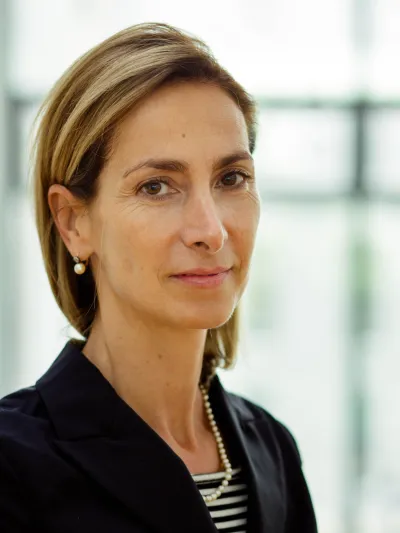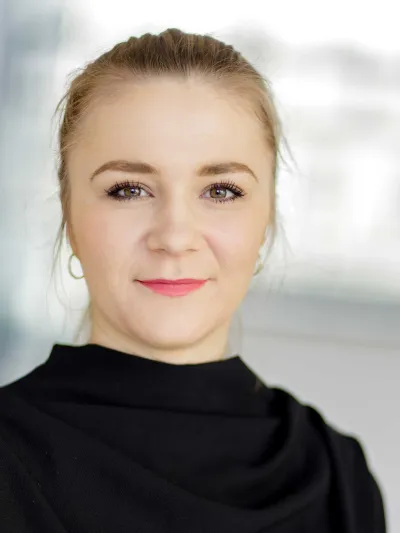Innovation Campus Schwedt an der Oder – A New Location for Green Energy
Today, Germany's refineries are at a turning point, the challenges of the energy transition are becoming increasingly tangible and a rethink is taking place. This is where the project comes in and uses the example of the PCK refinery in Schwedt an der Oder to look for concepts for a forward-looking orientation and reorganisation of the site.
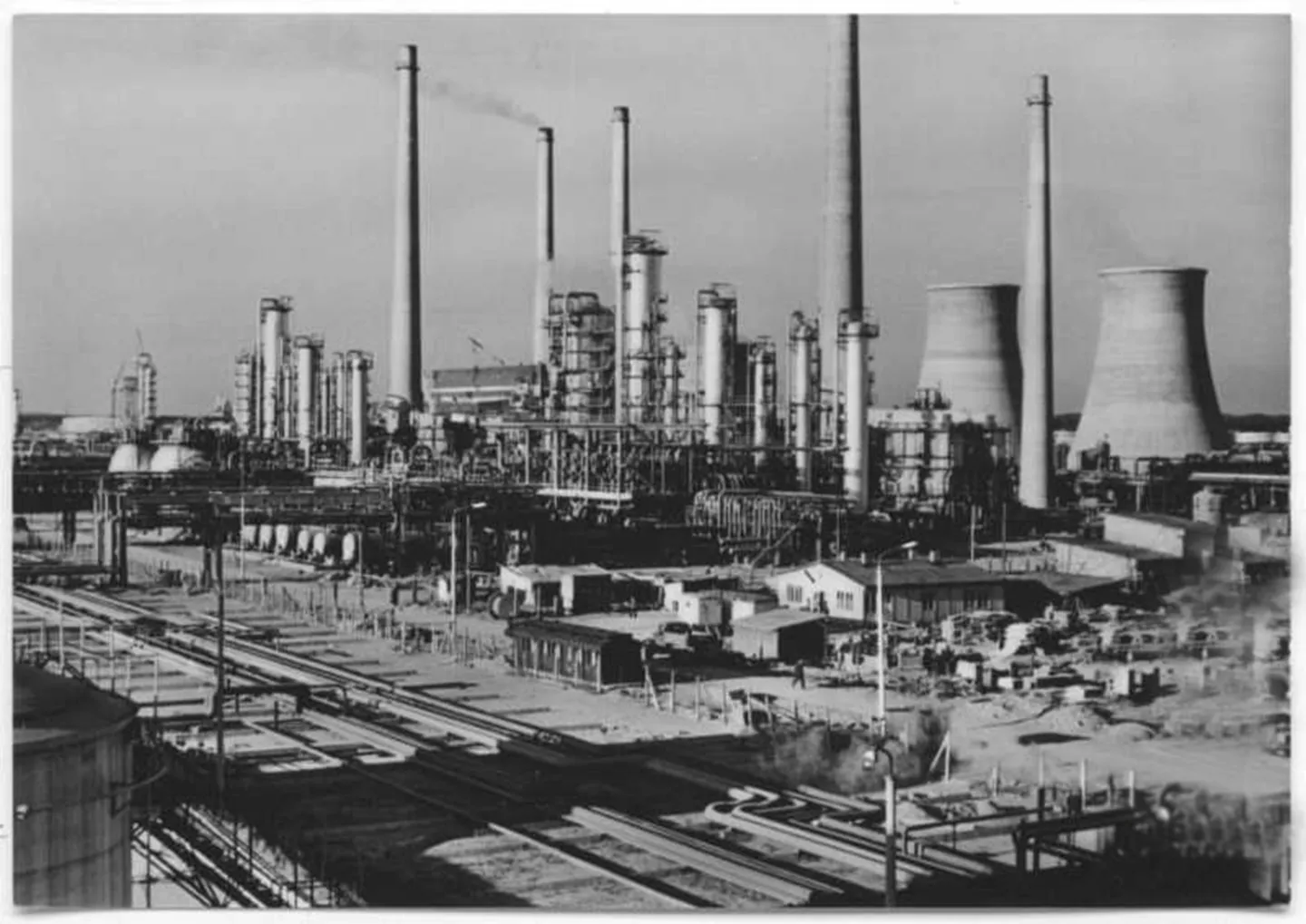
- PCK Raffinerie GmbH, Schwedt an der Oder
- District of Uckermark
Schwedt an der Oder is the most populous town in the district of Uckermark in north-east Brandenburg. It is connected to the Berlin-Stettin-Ostsee railway line by rail via Angermünde. It is located along the River Oder, which forms the border with Poland and has been recognised as the Lower Oder Valley National Park since 2008.
Schwedt an der Oder is an exemplary case of a Brandenburg town with a rich and multi-layered history that perfectly reflects the complex and sometimes contradictory political and cultural events of this region. In Schwedt, three urban models come together: the medieval town (since 1265), the baroque residential palace (from 1685) with its magnificent garden axis to the pleasure palace Mon Plaisir and the socialist ideal town (Selmanagic 1960, Paulick 1962) for the workers in the petroleum industry (formerly VEB Petrolchemisches Kombinat Schwedt). In this context, the castle was demolished in 1962 and replaced by the Palace of Culture. Today, all three city models are in a fragmentary state, the number of inhabitants is declining and industry remains the most important source of income.
PCK Raffinerie GmbH is a petroleum processing plant that supplies 95 % of the Berlin and Brandenburg areas with fuels, i.e. petrol, diesel, jet fuel and heating oil. Around 1,200 employees work there and 80 other companies with 2,000 employees are located on the site, many of which work as service providers for the PCK refinery. Today, the refinery is at a turning point: It is an important employer, but must also face up to the challenges of the energy transition (keyword: green energy), sustainability and climate change.
In cooperation with PCK- Raffinerie GmbH, the support of the Uckermark district and the interdisciplinary contribution of mobility and civil engineers from the University of Applied Sciences Potsdam, student concepts are being developed for a new location for innovation on the south-western edge of the refinery site. The aim is to refunctionalise and redefine the design of existing buildings, integrate new buildings and shape the complex as a unified ensemble and new attractive meeting place for employees, students, start-ups, scientists and the public within the urban structure.
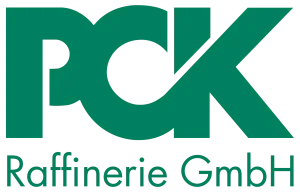
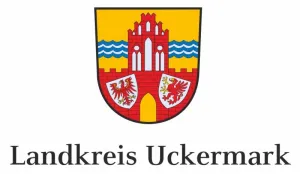
Contact
Project management
Project management
Co-operation partner
Mr. Frank Stargard, PCK Raffinerie GmbH
Mr. Raik Maiwald, District of Uckermark
